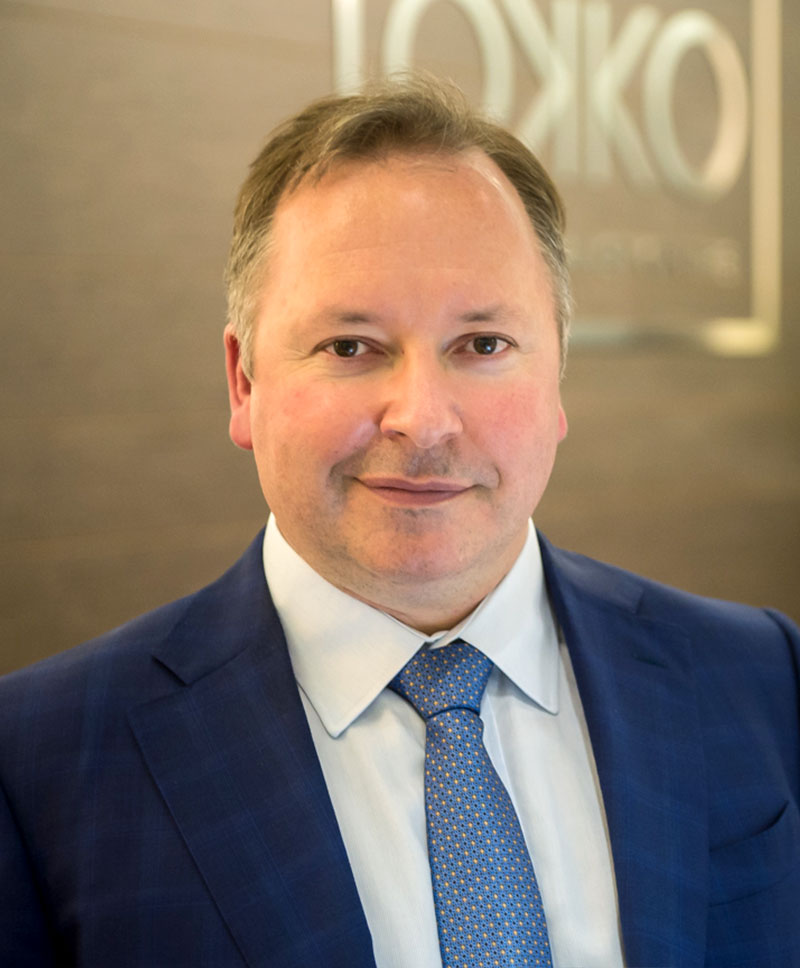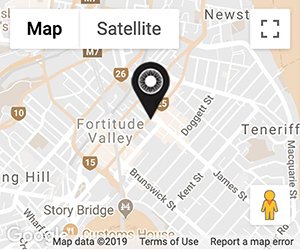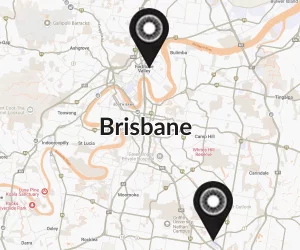When will you start to see PRK results?
Photorefractive Keratectomy (PRK) and its advanced form, TransPRK (Transepithelial Photorefractive Keratectomy), are popular refractive surgery options for those seeking freedom from glasses or contact lenses. These procedures correct vision by reshaping the cornea with a laser, addressing issues such as myopia, hyperopia, and astigmatism. A common concern for many considering or having undergone PRK is the experience of “blurry vision after PRK” and when they can expect to see clear results.
This blog aims to shed light on the recovery timeline of PRK and TransPRK, helping you set realistic expectations for your vision improvement journey.
Vision Improvement After PRK
Following the PRK procedure, you may notice an immediate improvement in your vision. While a contact lens is in place for a few hours after the surgery, your vision might appear a bit smoky or hazy. Nevertheless, you’ll likely realize that your vision has significantly improved without the need for glasses. However, as the surface layer of the cornea heals, your vision may become quite blurred, which is entirely normal.
Recovery Timeline
Over the next two to three days, your vision may remain hazy and blurry as part of the healing process. By about a week after the surgery, you can expect to have achieved approximately 80% of the vision recovery. However, it may take six to eight weeks for your vision to stabilize fully, giving you the clear and crisp vision you desired from the PRK procedure.
However, you must be asking yourself how long will the PRK results last. Find out more here!
5 Solutions to blurry vision after PRK
If you’ve recently undergone PRK (Photorefractive Keratectomy) with us, you’re on your way to enjoying the benefits of improved vision. However, you may experience temporary blurriness following the procedure. This may be disconcerting, but don’t worry – it’s a natural part of the healing process. This blog will discuss five solutions to help you manage and improve your vision during this phase.
1. Patience and rest
It’s essential to understand that PRK recovery takes time. Your vision might be blurry initially, and stabilising can take a few days to several weeks. Be patient and allow your eyes to heal. Adequate rest and sleep are crucial to your recovery, so ensure you’re getting enough of both.
2. Follow post-operative instruction
Your surgeon will provide you with specific post-operative care instructions. These instructions are designed to help your eyes heal properly and minimise complications. Following them diligently is crucial for a smooth recovery. This may include using prescribed eye drops and avoiding rubbing your eyes.
3. Protect your eyes
During the initial recovery period, your eyes will be more sensitive to light and environmental factors. Wear protective sunglasses outdoors to shield your eyes from harmful UV rays and bright light.
4. Stay hydrated
Dehydration can exacerbate eye dryness and discomfort, contributing to blurry vision.3 Be sure to drink adequate water to keep your body and eyes well-hydrated. Additionally, use lubricating eye drops as your surgeon recommends to alleviate dryness.
5. Regular check-ups
Don’t hesitate to contact us for follow-up appointments and assessments. Regular check-ups can ensure that your healing process is on track and we can address any concerns promptly.
As your vision gradually improves, you’ll notice that the blurriness diminishes, and your eyesight becomes clearer. PRK offers long-term benefits in exchange for a short-term recovery period. Remember these solutions, stay committed to your post-operative care, and remember that your patience will be rewarded with better vision.
Experiencing uncertainties or queries regarding your PRK recovery? Book a free assessment with us. We’re committed to guiding you through each juncture of your journey towards clearer vision. Our free assessment offers an opportunity to explore your laser eye surgery options, addressing any concerns and paving the way for your vision enhancement goals. Don’t hesitate, book your free assessment now and step closer to achieving the vision quality you’ve always envisioned.
When contemplating PRK surgery as your chosen vision correction method, understanding the laser eye surgery healing process is essential to set realistic expectations. After PRK, patients experience blurred vision and sensitivity to light; however, as the eyes heal, this gradually diminishes. The use of eye drops is crucial to mitigate dry eyes and ensure the cornea is healing properly.
Although blurry vision after PRK is common, with diligent care, including wearing sunglasses outdoors, the vision continues to improve, boasting a high success rate among eye surgery options. Your eye surgeon will guide you through the recovery, emphasizing the importance of allowing your eyes to heal fully to achieve optimal results.
Found this post useful? Please share!

Hi, I’m Dr. Matthew Russell, a laser and cataract surgeon
HI I’M DR. MATTHEW RUSSELL A LASER EYE AND CATARACT SURGEON
With over 15 years of experience, I enjoy the privilege of helping patients of all ages reclaim clear vision or preserve it for as long as possible.
Vision correction and high-precision cataract surgery hinge on the expertise and skill set of the provider who also has access to the most precise tools for the job. Ophthalmic surgeons like me know how to make treatment safe, comfortable and positive for the patient. They know how to minimise the risk of complications and maximise successful outcomes.
I have a passion for helping my patients enjoy the clear, high-definition vision they need to live rich and active lives. Now, I have hand-picked a team of professionals that share my passion and commitment to exceptional care.
Dr. Matthew Russell
MBChB, FRANZCO






